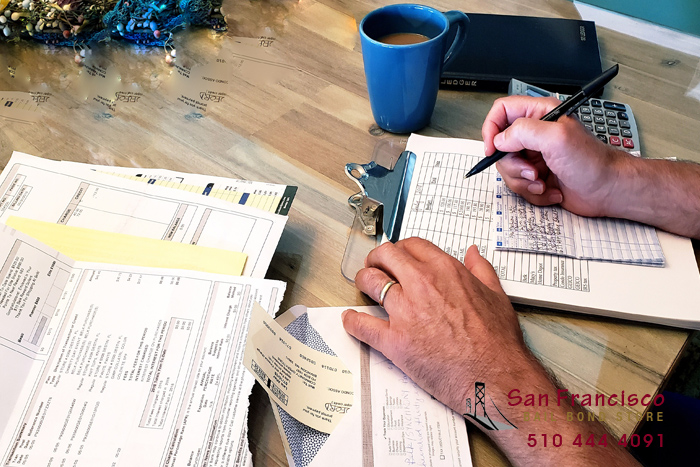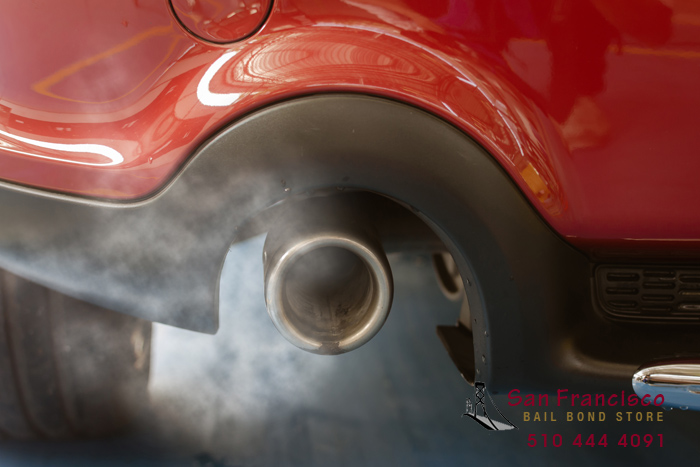The Legal Ins and Outs of Internet Trolling
The internet, particularly social media sites, provide people with an opportunity to share their opinions on a variety of topics. In many cases, this leads… Read More »The Legal Ins and Outs of Internet Trolling







